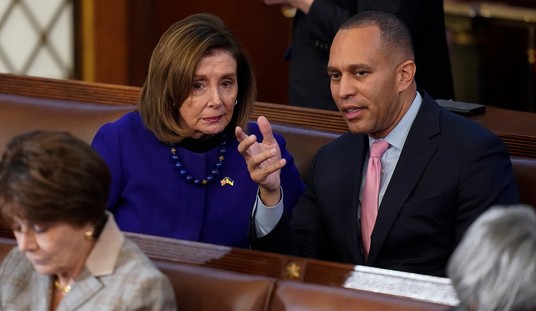“Gotcha Bills” is a term used in medical circles to describe the shock patients feel when they receive unexpected, high-cost bills long after a medical service. This is particularly jarring, given that 40% of Americans cannot cover a $400 emergency expense.
This problem stems from the unique way healthcare is financed in the U.S. Unlike in other industries, where prices are transparent before purchase, healthcare costs are often unknown to patients until after care is provided. This lack of transparency leads to many unpleasant surprises in the mailbox.
Even Medicare isn’t immune to these financial struggles, as research shows that seniors also face burdensome out-of-pocket expenses. Naturally, this leads people to demand expanded insurance or government coverage, hoping that more coverage will solve the problem. However, broader coverage may actually result in a worse situation for patients. The fundamental question is: Why can’t Americans afford even moderate out-of-pocket healthcare expenses?
It’s precisely the expanded role of third-party coverage products that has contributed to the current high costs. Expanding third-party coverage is like increasing subsidies; what you subsidize you get more of, so costs rise.
At $5 trillion, the U.S. healthcare system is the largest expense in the largest economy in the history of the world — exceeding the GDP of all other nations except China. Many Americans mistakenly believe they don’t pay for this $15,000 per capita healthcare cost when they rely on third-party payers (government programs and insurance). However, the costs are hidden within a morass of taxes, premiums, deferred wages and copayments. Much of this expense is driven by the costly administrative layers that third-party payers add to the system, along with the incentive to set higher prices and distort the motivations of doctors and patients alike.
Recommended
Third-party intermediaries incentivize patients to pursue more frequent and costly treatments, as they rarely perceive the full cost. Meanwhile, doctors face pressure to provide rushed, low-quality visits and may be quicker to prescribe medication than to engage in poorly compensated, time-intensive preventive care or lifestyle education that could genuinely improve patients’ health.
Rather than expanding these third-party payment systems, we should aim to reduce their role, allowing insurance to serve its original purpose of covering only high-cost expenses. Third-party payers should be there to help with rare, catastrophic expenses — not to be the financial catastrophe itself.
An alternative legislative approach would be to reduce third-party costs and encourage Americans to proactively retain these savings for future healthcare expenses. By incentivizing contributions to Health Savings Accounts (HSAs) or Medical Savings Accounts (MSAs), individuals could build funds to cover most healthcare needs without third-party interference. If decoupled from the requirement to own a High Deductible Health Plan (HDHP), these funds could be used to purchase from a myriad of coverage options, such a Health Care Sharing Ministries (HCSM) such as Samaritan Ministries, or whichever product is best suited to each patient’s needs.
This shift would move medical decision-making away from disinterested bureaucrats and back to the doctor and patient — the most ethical location for these decisions to be made.
With less third-party involvement, the system would self-correct under the constraints of free-market pressures, promoting providers who deliver high-quality, cost-effective care and pushing others to improve or risk bankruptcy. While market-driven entrepreneurship involves risks, it also brings productive stress that can inspire innovative approaches, such as Direct Primary Care (DPC), elevating healthcare quality while lowering cost.
Healthcare is ripe for reform. Some of us can’t wait for the grinding of legislative reform gears and have taken it upon ourselves to opt out of the health insurance racket and instead choose a Health Care Sharing Ministry (HSCM). HCSMs offer true community and family autonomy in health care decision-making, but more on that at another time. Real systemic reform will empower Americans directly, rather than subjecting them to third-party control. By combining transparency with patient agency, these reforms would make pricing clear and give patients the power to act on it — making healthcare more affordable, accessible, and, above all, accountable to those it serves.
Chad Savage, M.D. (chad.savage@yourchoicedirectcare.com) is a Heartland Institute Policy Adviser, Docs 4 Patient Care Foundation policy fellow, the President of DPC Action, and an enthusiastic member and participant in Samaritan Ministries International Health Care Sharing Ministries.

























Join the conversation as a VIP Member